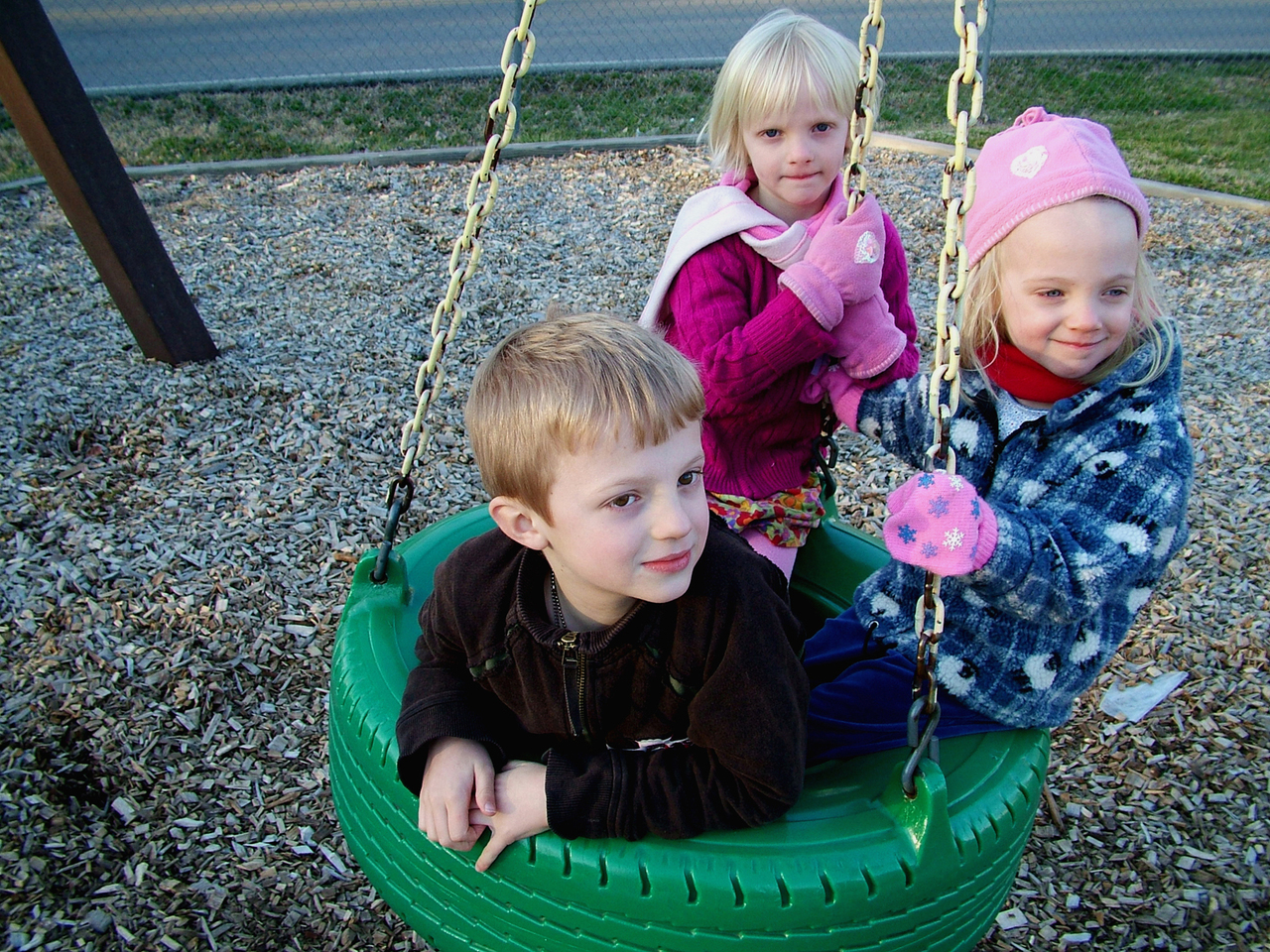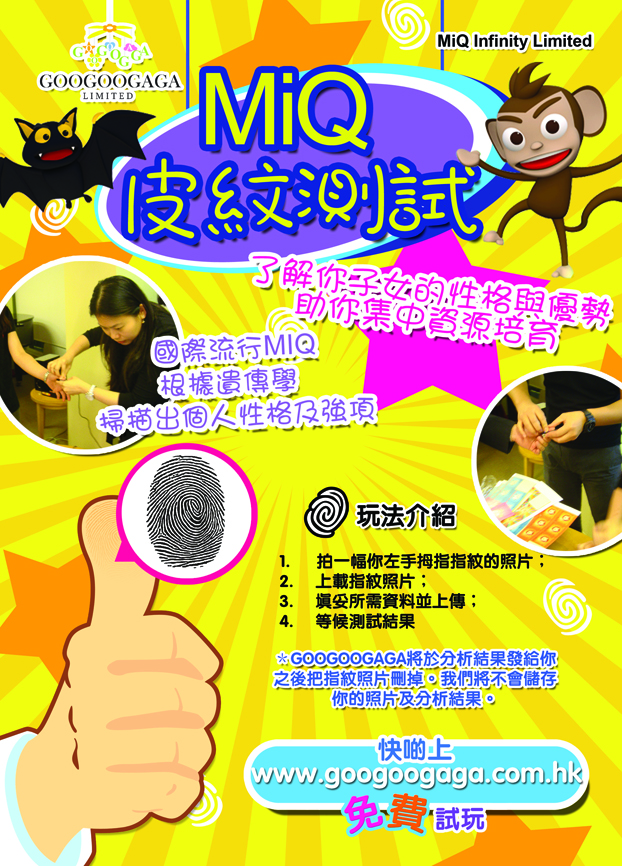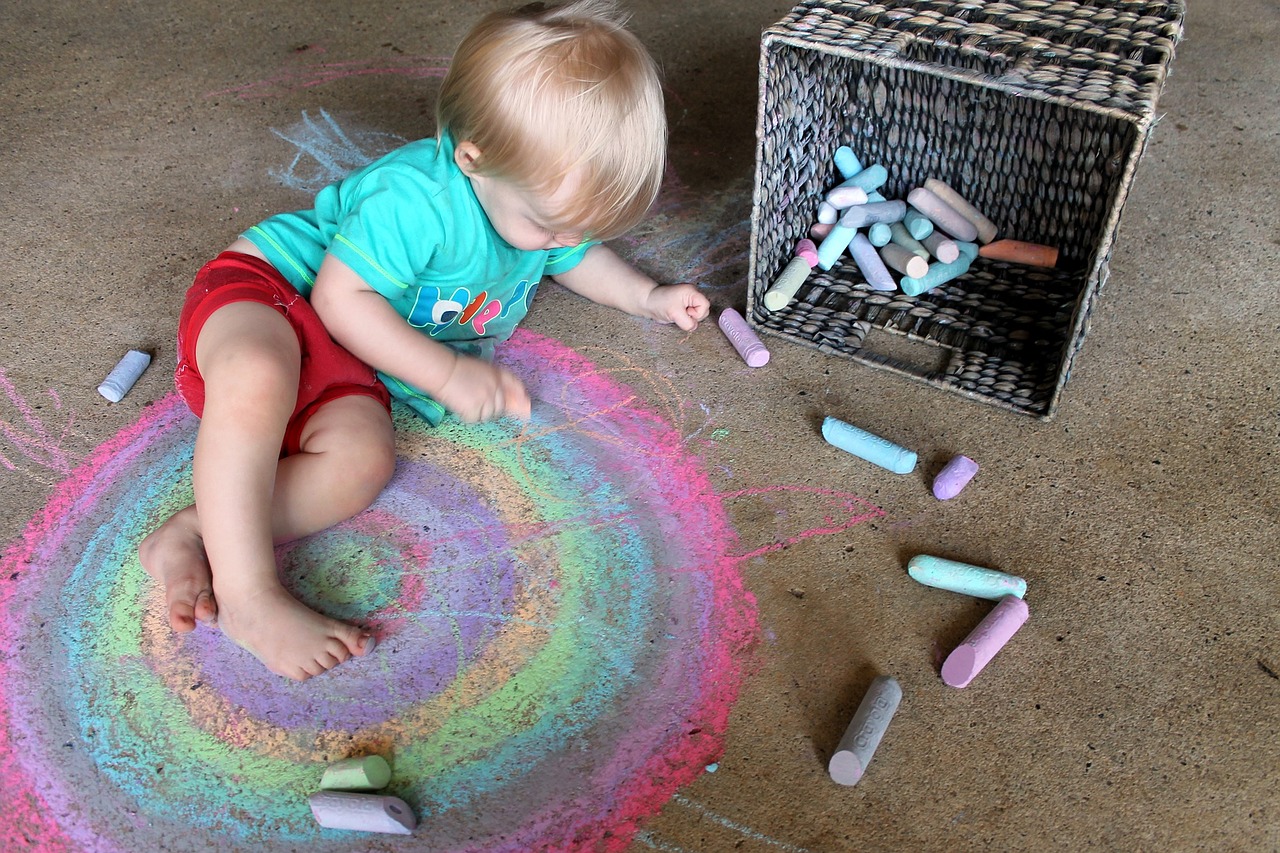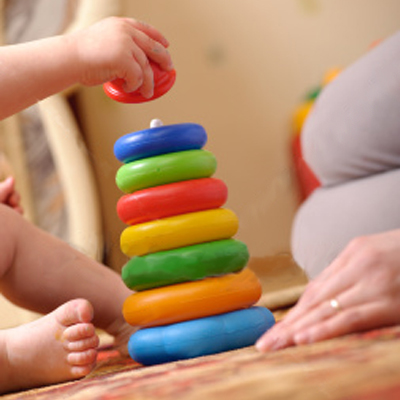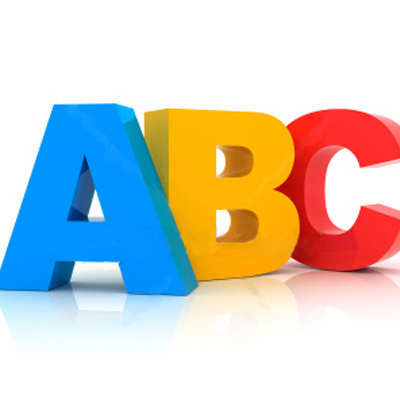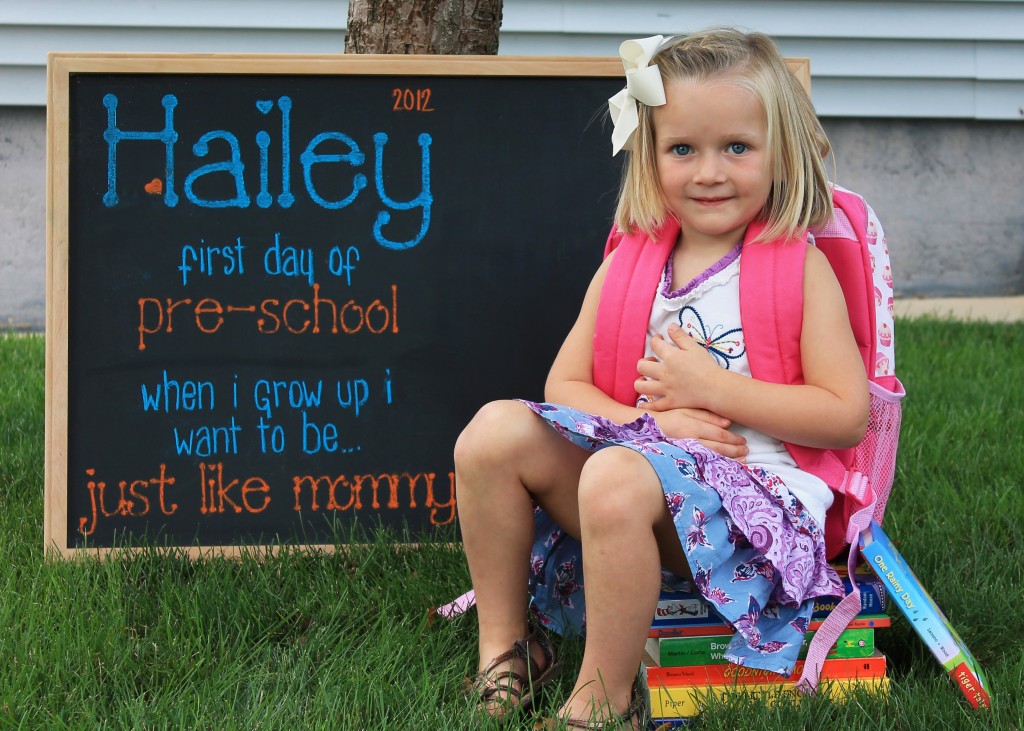11 Basic Manners Kids Often Forget
Even if it takes a few reminders, encourage your child to be more mindful of some basic etiquette. Over the eight years that I've been an etiquette expert, and the 12 years that I've been a parent, I've seen children of all ages make similar mistakes when it comes to manners. A lot of these mistakes occur when the child is a guest in someone's house; they start when the child rings the doorbell too many times and ending when the child doesn't thank his host. Here are the manners kids often forget or neglect that parents should be aware of, along with solutions to help your child be an etiquette superstar.
Children love knocking on doors and ringing doorbells -- often too many times. When the doors are finally opened, kids usually barge right in without saying "Hi" or being asked to enter. The next time you visit a friend or neighbor's house, ask your child to be patient while waiting at the door. Allow him just one to two knocks or one push of the doorbell. Gently put your hand on the child's shoulder as a signal to wait. It may be okay to go into a close relative's house without waiting, but it would not be okay at someone else's house.
Practice how to address adults by their proper titles (Mr., Mrs., or Dr., and last names) with your child through role-playing. Pretend to be different people and have your child respond to an introduction with correct titles and pleasantries ("Hello, Mr. Jones. How are you, Mrs. Jones?"). The next time you're in a social setting, your child should be comfortable greeting an adult. If she doesn't do so, correct her on the spot by saying, "Sara, remember Mrs. Smith? Can you say hello to her, please?" If she has never met the adult, make sure to make an appropriate introduction.
Some kids get very comfortable at a friend's or relative's house, and immediately run up to a friend's room, the backyard, or another part of the house without permission first. Even if it's just at Grandma's place, your child should wait for directions on where to go and avoid running or jumping around indoors. He should not touch anything unless he's allowed. From getting out toys to handling decorative objects, a child should be respectful of other people's homes and aware of his surroundings.
Children love to explore other people's pantries and refrigerators, and they cannot resist asking a hostess if she baked cookies like last time. If refreshments haven't been offered right away, remind your child that it's polite to wait instead of asking right away for something (except a simple request like a glass of water). If refreshments are displayed or offered directly, it's best not to eat or drink unless the host has invited everyone to do so.
Volunteer to put snacks together or set the table is always appreciated. Encourage your kids to help pour chips in a bowl or arrange cookies on a tray, to set the table or clear afterward. Asking to help with drying or organizing dishes after a meal is also a generous gesture.
At home, ask the kids to wait until you tell them to eat and to stay seated through the whole meal, unless they have asked permission to leave. If they have a hard time staying seated, set a timer and increase the time by three minutes every day. You can reinforce good behavior with a reward. When your child is a guest in someone else's house, discreetly give her the green light to start eating at the right moment and to leave the table only if permission has been asked and granted.
Whether it's at your own home or at someone else's house, your child should try a little bit of each dish that is served, even if it's unfamiliar or it's not his favorite food. He should start by taking small bites and refrain from making faces or comments if he doesn't like something. He should also try to smile, hold onto his utensils, and avoid folding his arms or looking around while others eat. Don't offer an alternative meal or ask the hostess to cook something else or your child will never learn to try anything new. The exception would be if he has food allergies: It's best to mention this when you accept a lunch or dinner invitation and to offer to bring a separate dish, unless the hostess offers to accommodate him. After the meal, prompt your child to thank the hostess as an acknowledgment of her hard work.
It may feel comfortable and natural to rest your elbows on the table during a meal, but it's considered improper etiquette. This is a tough one even for adults, but try leading by example. Explain to your kids that hands belong on the utensils, in the lap, or at the side of the body when not eating.
Remind your child to thank the host once more when she leaves. If she did not have a good time, she doesn't need to lie and say that she did; a simple thanks will suffice. As she gets older, give her a moment to remember her manners before giving her a reminder. I got into the habit of prompting my children to say "Thank you" as soon as I picked them up from friends' houses before I realized they had already done so. Have confidence that all of your reminders will pay off.
10. Writing a Thank-You Note Thank-you follow-ups take some effort, but are necessary and should be sent within three days. A handwritten note is the best way to express thanks after attending a big meal or event or receiving a gift. For everyday playdates or birthday parties, a casual phone call or text the next day is sufficient. If your child is too young, you can write, call, or text on his behalf; he can sign his name at the end of a note you write. By first grade your child should write his own note with your supervision.
11. Staying Positive When Receiving a Gift The only two words you want your children to say when they receive a gift is "Thank you," but children commonly have one of three wrong responses: I already have this, I wanted something else, I don't like this. A solution is to role-play a gift-giving-and-receiving situation. This is good practice for a child of any age. Hand your child an object (like a stuffed animal) as a "gift" and say, "I know you really wanted a doll, but this is a teddy bear. Even if you're disappointed, it's good manners to say 'Thank you' because it's the thought that counts." Encourage her to offer a warm "Thank you" with a smile. If she's not happy with the gift but is asked if she likes it, tell her that saying a positive comment (it has her favorite color, it has a fun shape) is the best way to respond.
Retrieved From: https://goo.gl/zknUPz
|
|





